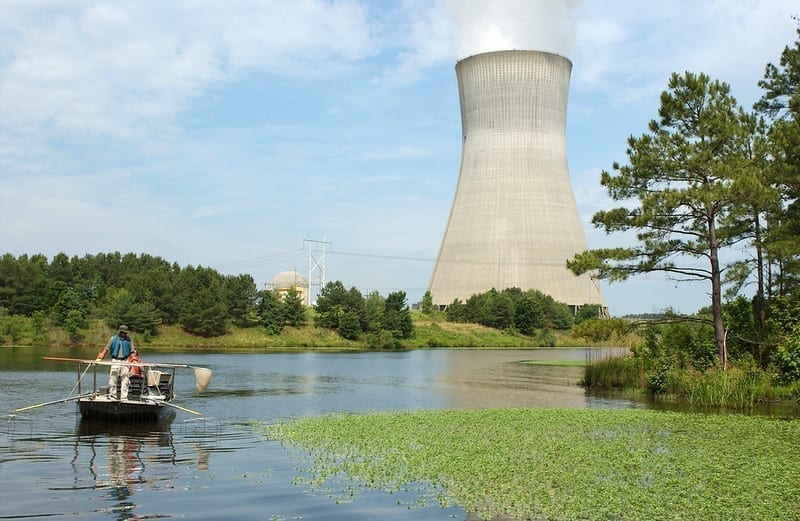
RadWaste Monitor Vol. 13 No. 14
Visit Archives | Return to Issue PDF
Visit Archives | Return to Issue PDF
RadWaste & Materials Monitor
Article 1 of 8
April 03, 2020
Nuclear Plants Can Request Work-Hour Exemptions to Cover Operations During Pandemic

By John Stang
The Nuclear Regulatory Commission is allowing nuclear power plants to request exemptions for certain limits on work hours for personnel to help ensure continuity of operations during the COVID-19 pandemic.
“A sudden and potentially long-term reduction…
Partner Content